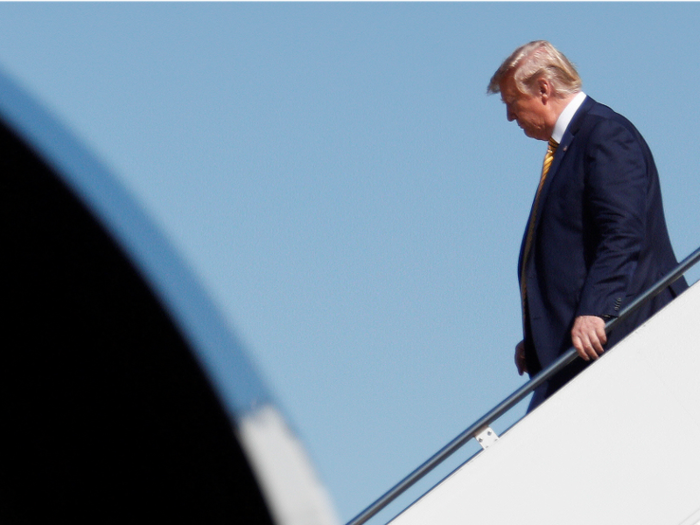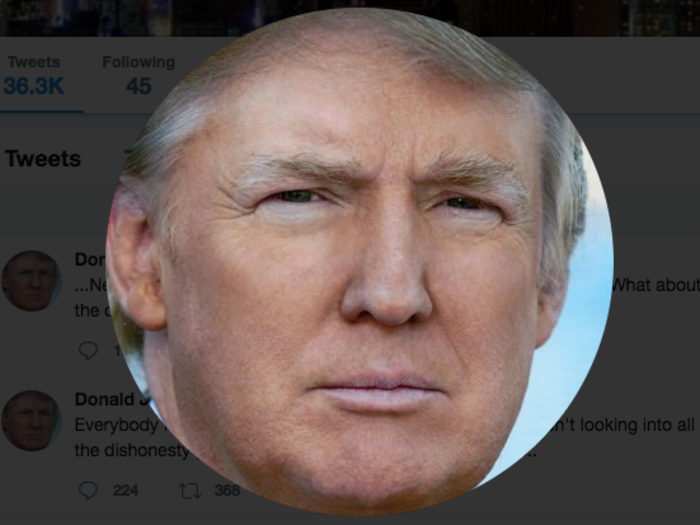- Home
- slideshows
- miscellaneous
- We fact-checked 5 popular conspiracy theories about tech companies, from Apple making iPhones obsolete to Facebook secretly activating your microphone
We fact-checked 5 popular conspiracy theories about tech companies, from Apple making iPhones obsolete to Facebook secretly activating your microphone
Theory: In a sprawling conspiracy of planned obsolescence, Apple designs iPhones to stop working as soon as a new model hits the market.

Theory: Facebook and other apps are listening in on conversations using your smartphone’s microphone and then showing you targeted ads based on that spying.

Verdict: False, but Facebook's transcriptions of Messenger voice chats and Portal commands have only reignited this conspiracy theory.
Rumors have circulated online for years that Facebook and Instagram use peoples' smartphone microphones to listen in on conversations, detects key words and phrases, and then shows them advertisements based on what it hears.
The conspiracy theory has only gained traction over time, with CBS This Morning anchor Gayle King asking Instagram's CEO whether it's true in June. Mark Zuckerberg was also asked by lawmakers if Facebook mines audio for targeted ads when he testified before Congress in 2018.
Zuckerberg flatly denied the claims at that time, and Facebook has put out multiple statements denying that it mines users' audio over the years.
It would be illegal for Facebook to secretly record your voice, but as this explainer notes, there's also a more compelling reason the conspiracy theory is likely false: Facebook already has a trove of your data — including much of your online activity outside the app — which is far more expansive than what it could glean from spying on your conversations.
However, Facebook has admitted that it monitored different types of user audio: it had contractors transcribe audio from voice memos through Messenger and audio of people interacting with its Portal video-conferencing hardware.
Theory: Google’s search algorithm discriminates against conservative causes.

Verdict: False.
Earlier this summer, prominent Republicans latched onto a claim that Google was using its search algorithm to "manipulate" undecided voters in order to sway them toward progressive ideology.
The claim appears to originate from Robert Epstein, a psychologist who published a paper alleging that Google's search results convinced millions of undecided voters to vote Democrat, a claim that he repeated on Fox Business and that was later tweeted by President Donald Trump.
Only the summary of Epstein's study is available online, but his conclusions are based on observing the search results of just 21 undecided voters leading up to the 2016 election. When pressed, Epstein hasn't been able to clearly define how he evaluated certain results as biased or unbiased, nor would he provide any information about who participated in his study.
Google itself has insisted that its search rankings are not biased against conservatives. Despite Trump's assertion on Twitter, there is no solid evidence to the contrary.
Wow, Report Just Out! Google manipulated from 2.6 million to 16 million votes for Hillary Clinton in 2016 Election! This was put out by a Clinton supporter, not a Trump Supporter! Google should be sued. My victory was even bigger than thought! @JudicialWatch
— Donald J. Trump (@realDonaldTrump) August 19, 2019Theory: Facebook and Instagram will have unfettered access to use and reproduce your photos unless you post a statement declaring the images your own property.

Verdict: False.
Posts have repeatedly gone viral claiming that Instagram and Facebook are on the verge of changing their privacy rules to grant themselves full ownership over the images you share on their platforms.
The only way to stop them, the posts claim, is to reshare a statement declaring that you refuse to grant the companies permission to use your photos.
Several celebrities and public officials shared such posts as if they were real, including Energy Secretary Rick Perry.
Those claims are a hoax. In fact, Facebook and Instagram already have full permission to use your images as they please — you granted those permissions when you agreed to the apps' terms and conditions when you signed up.
Theory: Twitter is making it increasingly difficult — or even impossible — to follow Donald Trump and his surrogates.

Verdict: False.
In another example of a conspiracy theory promoted by the President, Trump has repeatedly accused Twitter of making it hard for people to find and follow his account on the platform. He most recently repeated this claim in an interview with Fox News' Tucker Carlson in July.
"I know for a fact that a lot of people try and follow me and it's very hard," Trump said. "What they're doing is wrong and possibly illegal, and a lot of things are being looked at right now."
At other times, Republican lawmakers have accused Twitter of "shadow banning" them by hiding their account from people other than their followers or preventing their handles from appearing in autocomplete search results.
Twitter has repeatedly declined to comment directly on Trump's invectives against the platform. However, it published a post on its blog "setting the record straight on 'shadow banning'" last Summer stating that its search algorithm was downplaying the accounts of a number of politicians — both Republicans and Democrats — because it had detected that their accounts were behaving like spam accounts. Twitter said it fixed that issue to show the politicians' handles in search autocomplete results once again.
Today, Trump's account is easily searchable on the platform.
Popular Right Now
Popular Keywords
Advertisement